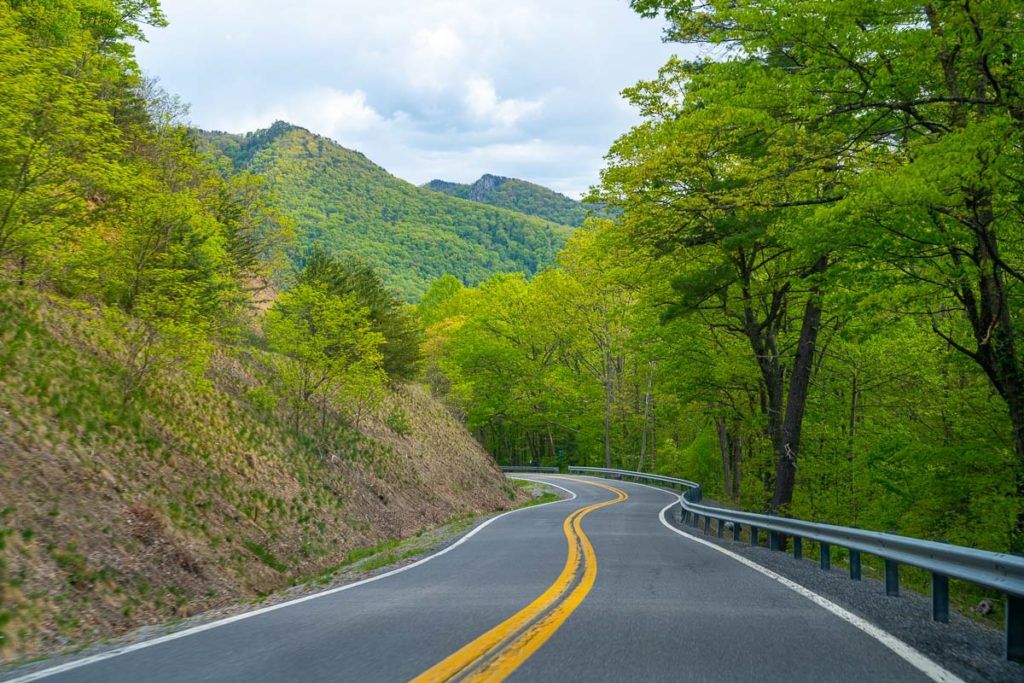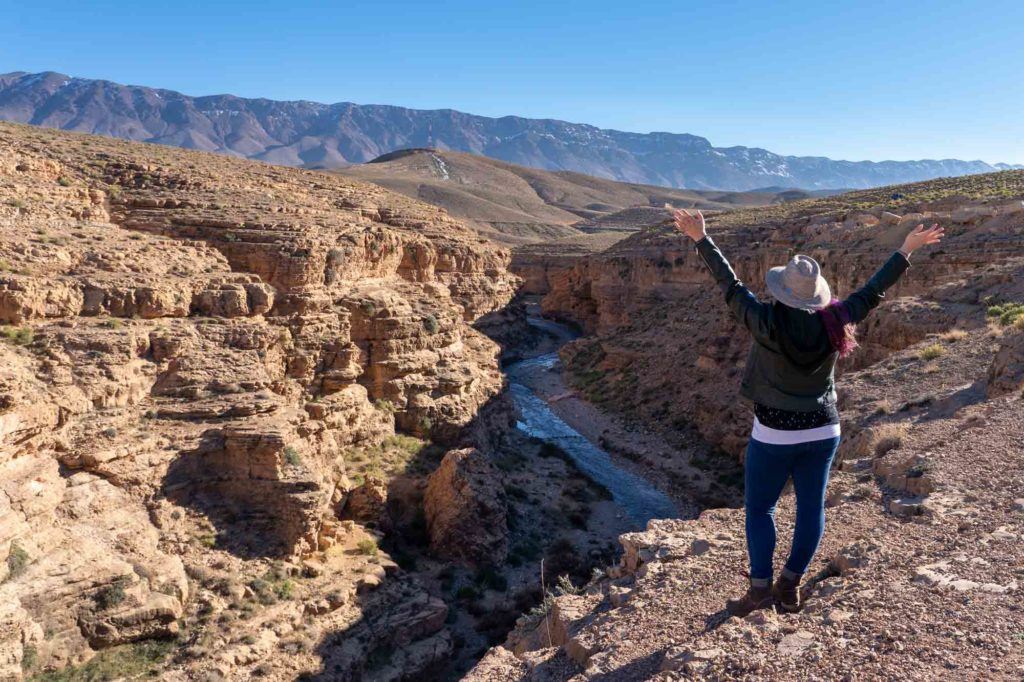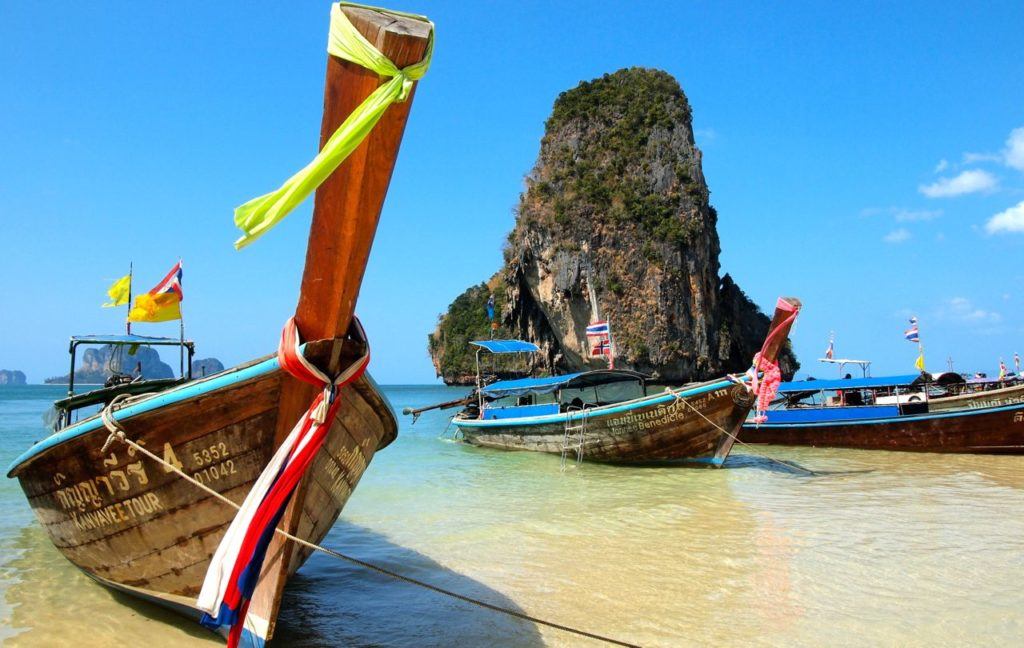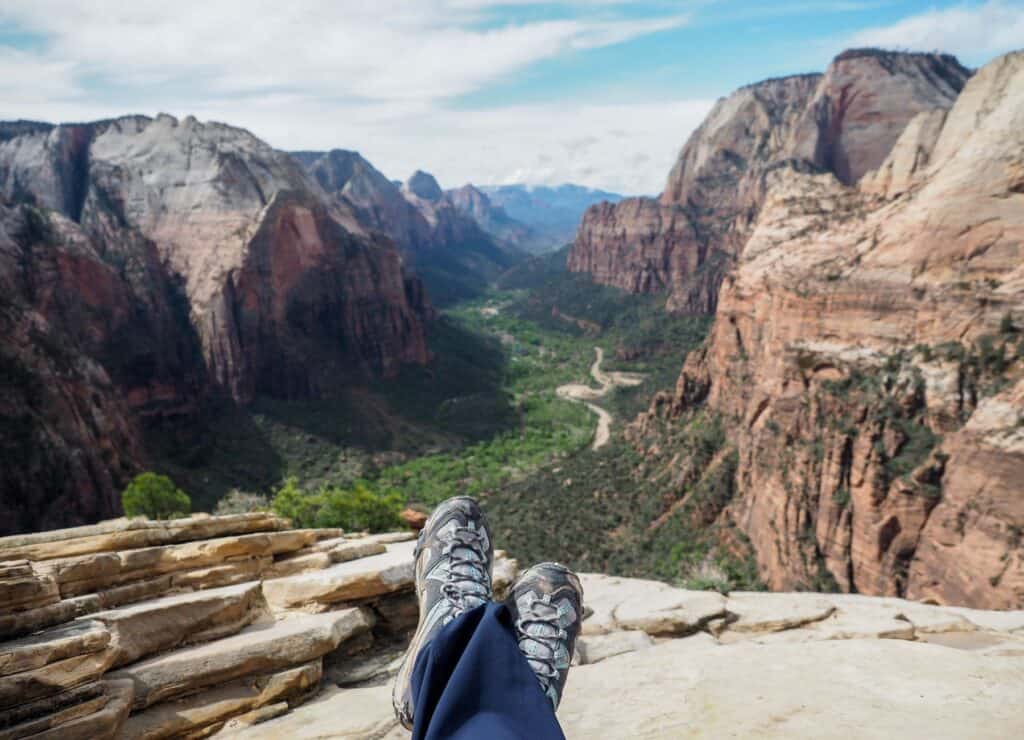What is travel, and why do we do it?

Lately, as I’ve been trying to pinpoint all the reasons why I’m feeling so restless, I’ve also been thinking a lot about the nature of travel in general. And wondering why I have such an insatiable urge to do it.
What is travel?
Ask this question to 50 different people, and you’ll likely get 50 different answers. The dictionary can’t even make up its mind; definitions include: “to go,” “to journey,” “to move in a given direction.” All of these certainly seem vaguely like travel. But, I’d hazard to say that travel is much more than just movement.
“To journey” would perhaps hone in on my definition of travel. It implies moving or going away from one place and ending in another, with some kind of meaningful experience in between. This is definitely the essence of travel. But travel is not that clear-cut.

There is not just one kind of journey. There are the sorts of journeys that have set itineraries and destinations — like a cruise, or guided tour, where the traveler is simply along for the ride. And then there are the sorts of journeys that lack a roadmap, or perhaps consist only loosely of destinations and plans. These sorts of journeys can change at any point along the road; they can adapt, and often force the traveler to adapt along with them.
It is this second type of journey that many consider to be “real travel” — travel that changes who you are and how you view the world. Yes, perhaps this second type of travel does open itself up to more opportunities for self-reflection and self-discovery, but, when it comes down to it, a journey — of any sort — can still be considered travel.
Which brings me to my second question:
Why do we travel?
It all starts out with an urge to be somewhere that we’re not. And it’s often after we arrive in that somewhere (or when we return from it) that other reasons to travel arise.
We travel for various reasons, but I think it’s interesting to note that vacations are often referred to as “getaways.” Most often, we travel to get away from something — be it a bad job, a relationship, a stereotype, or just a nagging sense of wanderlust.

Sometimes, we don’t even realize that we are traveling to escape. But even just a short vacation to the beach or an unfamiliar city can serve as an escape — an escape from work, stress, and responsibilities that we are weighed down with at home.
Through this escape, a traveler often loosens up, allowing for exploration, discovery, and learning. We immerse ourselves in new cultures, try new foods, get ourselves into uncomfortable situations, and discover things about ourselves that we may find surprising.
It is easy to get high off the sense of anonymity that can be experienced while on the road. It doesn’t matter if it’s a 5-day cruise or a year-long round-the-world trip — if nobody knows you, you often feel free to break out of your shell.
This freedom of anonymity and ability to challenge and re-invent ourselves through travel often leads to self-discovery. Many travelers will acknowledge that they travel to “find” things — perhaps a sense of purpose; answers to life’s questions; or just the essence of who they are. Often, we return from a journey better able to pinpoint our strengths and (perhaps more importantly) recognize our weaknesses.
And, in discovering a new sense of self, we as travelers often feel compelled to continue exploring other cultures in order to gain better understandings of them, too. We want to see more, hear more, and delve into the heart of a place or people — we eventually aim for full immersion. We want to understand where we fit in.

When you look at all the reasons people travel, and realize how one reason can logically lead to the next, I suppose it’s not difficult to understand how a small taste can lead to an insatiable desire to constantly be on the move. The desire to travel — to explore, to discover — can’t simply be cured by a short vacation. In fact, I’d argue that a short vacation often just makes the travel bug bite that much harder.
Am I the only one who feels this way? I know I’m not.
Nomadic Tendencies
In fact, as I’m writing this, I’m reminded of a travel novel I read a few years back: “The Songlines,” by Bruce Chatwin. The book is essentially a way for the author to delve into the history of Aboriginal songlines — songs that the “ancestors” sang to bring the world into being, and indigenous people still sing today to “build” the landscape of a certain place.
Chatwin notes that the songlines are meant to be sung at a walking pace, because the Aboriginals were historically a nomadic people. Today, still, they often disappear — barefooted — to go “on walkabout.”
Chatwin uses the second half of “The Songlines” to muse on the nature of man as a nomad. He concludes that, perhaps we are so restless as a species because we were created to be nomads. Our boots (or at least our feet) really were made for walkin’.

It’s an interesting theory, and certainly would explain why so many travelers wind up feeling restless and tied down when they stay in one place for too long.
If we were made for near-constant movement and a nomadic lifestyle, it’s no wonder our history is filled with things like exploration and conquest. It’s no wonder that, for as long as humans have been on this planet, they have searched for something… more. Moved from one place to another in search of that “better life,” only to either not find it, or find it and get bored with it and move on yet again.
So perhaps my insatiable desire to travel — to escape, to become anonymous, to discover myself and others — is simply built-in; predisposed. Perhaps centuries of evolution have simply failed to squash that nomadic gene from my makeup, and now I’m just stuck with it.
Which, of course, leads me to ask a string of rhetorical questions: Will I ever just be content? Will I be able to one day put up my feet and settle down? Or will the travel bug constantly be buzzing beside my ear, taunting me for the rest of my life?
And, if it is there, flapping its travel buggy wings at me all the time, will I mind it?
Probably not. That nagging sense of wanderlust — one that often must go unfulfilled — has become a part of who I am. I recognize my urge to travel, and understand the reasons why it constantly tugs at me. And I’m okay with it. Because I always know that, sometime in the future, I’ll be off on another adventure.
There will be some new place to explore, some new person to meet, some new story to tell. And looking forward to that “sometime” is often all I need.

Amanda Williams is the award-winning blogger behind A Dangerous Business Travel Blog. She has traveled to more than 60 countries on 6 continents from her home base in Ohio, specializing in experiential and thoughtful travel through the US, Europe, and rest of the world. Amanda only shares tips based on her personal experiences and places she's actually traveled!










I’m glad to have found this thought provoking article. I was thinking about this the other day. Could the desire to travel be enbedded in the genes or the psyche of certain cultures? The way they were raised?
We all know the travellers and conquers of history. But as I travel in this age, I seem to encounter many more travelers from those same cultures from history and the list is quite short.
I mean no ill will by this as all countries have their share of travellers.
But it is my experience when travelling that I usually meet British, Autralians, New Zealanders, and Americans more than any other group. Is it a mind set or genetic? The Spaniards definitly made their travelling impact on the world through history, but I have yet to encounter any more than a few travelling outside their region.
It is thought provoking and could be carried to diff. levels for sure. Great post
Interesting questions, Kevin! I think it would be a difficult thing to try and figure out, but you’re right that the same few cultures seem to contribute the largest number of travelers. Though, I can’t help wondering if perhaps that’s because of another reason — money. Those countries you mentioned are some of the most developed and wealthiest in the world, and it’s much easier for people from those places to travel than people from, say, Africa or Asia.
But I think there definitely is a certain mindset about travel that goes along with each culture. For example, people from New Zealand I think view travel as much more of an essential part of life than do most people from America.
I could subscribe to the thought that it is passed down but there is a third group of people I think, there are people who travel and people who dont but also people who always insist they want to and will but never do, I am not sure where they fall.
Very good point, Cun. I think that third group of people you talk about are the scared ones. The ones who dream of travel, but who are never quite dedicated enough to make it a priority in their lives. So, instead, they make excuses and never travel. It’s a shame, really!
Insightful post. Travel is such a big part of our lives that I couldn’t image a happy life without it. It’s interesting learning about why others travel – I guess we’re all looking for something somewhere.
Nice thought provoking post. For me, travel is all about making a connection. I crave to make connections with people and places. The idea that this may be an instinct could be true. It seems most human beings are looking to make connections in their lives, whether with people, jobs, or religion. We want to understand ourselves and for those that have itchy feet, part of that understanding seems to come from understanding others outside of our usual worlds.
I think you make a good point, Suzy – people are searching for all sorts of connections, travelers included. Glad I could provoke some thought. 🙂
Great post, Amanda. I travel to learn more about myself and the world we live in. It’s often a challenge but these challenges shape who we are and hopefully allow us to shape others around us.
Thanks, Matt. I’m glad you liked it! And I agree – it’s the challenges life throws our way (or that we throw our own way) that really shape who we are.
What a thoughtful post! My definition of travel = life. 🙂
I think that’s a great definition! Life in itself is certainly a journey.
I love that theory. Now I can tell everyone who bugs me to settle down that I am just doing what is my inherent nature. I’ve been home for a week and I’m restless already. I’ve happily accepted that I’m a nomad and I’ve willingly signed up for this challenging yet adventurous and exciting life.
Very cool post. I never connected the two, but it would really make sense that so many of us have wanderlust due to our nomadic instincts! Though I don’t think it’s true for everyone….I have some friends just as travel-hungry as me, but I also have some friends who don’t really care about travel at all and don’t seem that interested. I don’t understand it!
I feel like maybe its a gene that gets passed down to some but not others? I dunno, it’s just interesting to think about!
[…] This post was Twitted by vijayaselvaraju […]